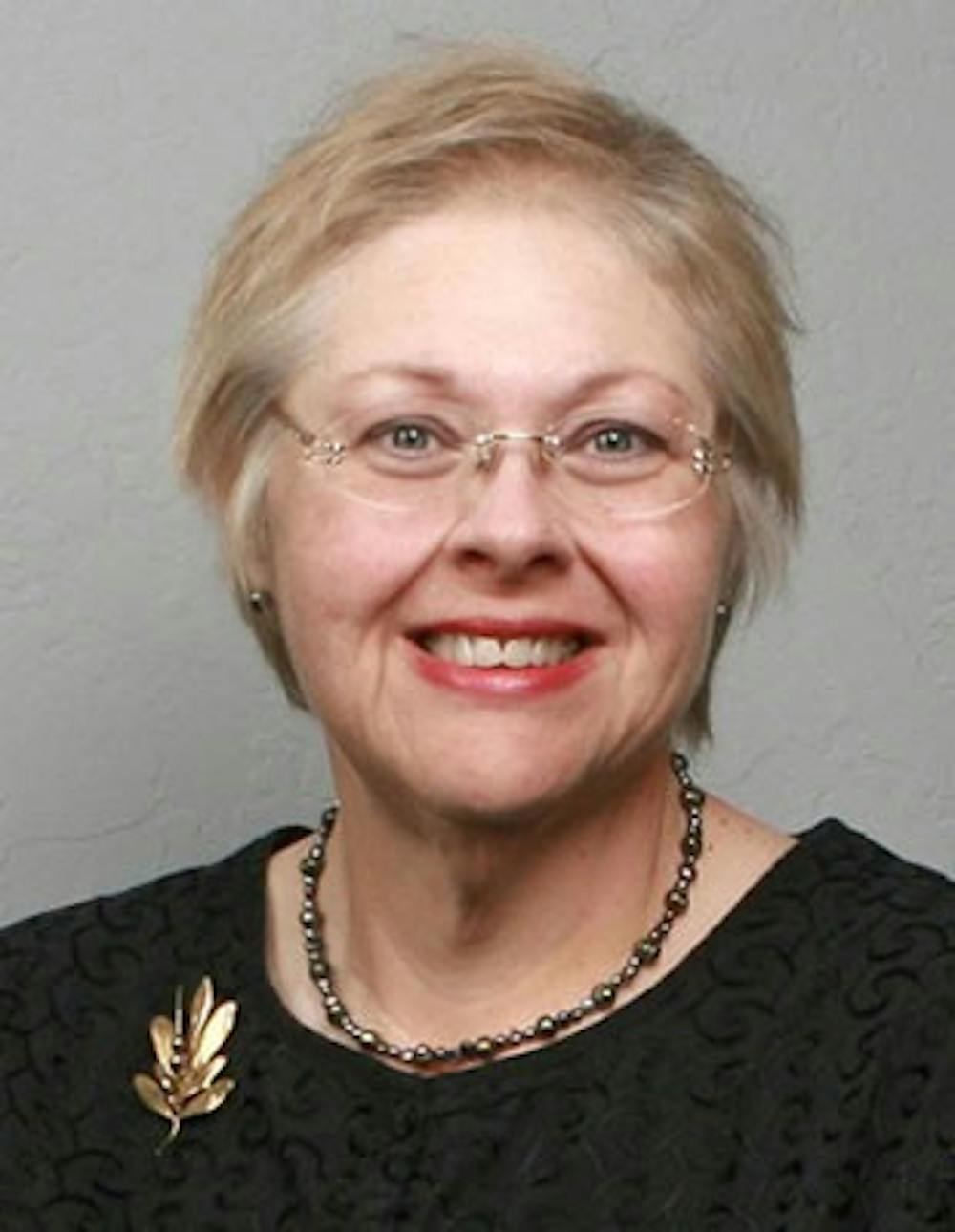ASU officials have three weeks left to announce how they plan to cut the University’s salary budget by 2.75 percent.
The Arizona Board of Regents mandated the cuts in its meeting on March 12, and the University is working to finalize its plans. It is not known whether the reductions will mean layoffs, furloughs or other means to trim the budget.
The cuts will go into effect May 29.
“This was a bombshell dropped,” faculty senate President Rojann Alpers said. “It took everyone by surprise. This was not seen coming.”
ASU spokeswoman Sharon Keeler said regents gave the presidents of Arizona’s three state universities 30 days from the meeting on March 12 to make a plan to implement the cuts. A decision will have to be reached by April 12.
ASU and ABOR officials said there isn’t yet an estimated amount the salary cuts would save.
“We are still working on the calculation, ABOR spokeswoman Katie Paquet said. “A final budget reduction number has not yet been officially determined.
Alpers and her leadership group sent three primary concerns to ASU President Michael Crow, asking for certain considerations before officials announce exactly how the cuts will happen.
“We said we have three guiding principles that we want to be taken into consideration,” Alpers said. “One, that no additional furloughs be required of faculty.”
Because of budget concerns last year, all ASU faculty members were forced to take furloughs of various amounts of time.
Alpers’ second recommendation was not to make salary cuts to 9-month, full-time faculty members who were making less than $100,000, saying that these faculty members are the most vulnerable to possible pay reductions.
Alpers’ last recommendation was a hiring freeze, “except in the cases of the most vital and essential positions,” she said.
Regent Fred DuVal said the reductions are coming in lieu of similar measures being taken across the state.
The salary cuts in ABOR’s mandate directed at the universities would not affect employees paid from the private sector, through research grants or by the federal government, he said.
“[A] number of the faculty have expressed their frustration,” DuVal said. “They are not paid competitive wages to begin with, and we understand that. Others have said this does not come as a surprise.”
The responsible parties on all sides are doing their best to apply cuts that are as fair as possible, he said, though it is a difficult challenge with “no obvious way out.”
Alpers said that if the University continues on the trajectory it is on, its quality is going to be affected at some point.
“The faculty have stepped up, tightened our belts,” she said.
Already, faculty members have increased the number of class sections they teach, along with picking up additional classes after some part-time faculty was let go within the previous year, Alpers said.
“We are committed to the University and to our students,” she said. “We will do everything in our power to make sure quality is not breached.”
If future cuts continue to happen, Alpers said, the University might eventually have to look at cutting back some of its programs, a step that would be the worst-case scenario.
“In recent instances where the state has mandated cuts, the universities have typically implemented them through a combination of layoffs, furloughs, program mergers, program eliminations, and in NAU’s case, several of their extended campuses have closed,” Paquet said.
There are 16,237 full-time equivalent employees in the university system that work within the state budget, she said.
Reach the reporter at kpatton4@asu.edu





